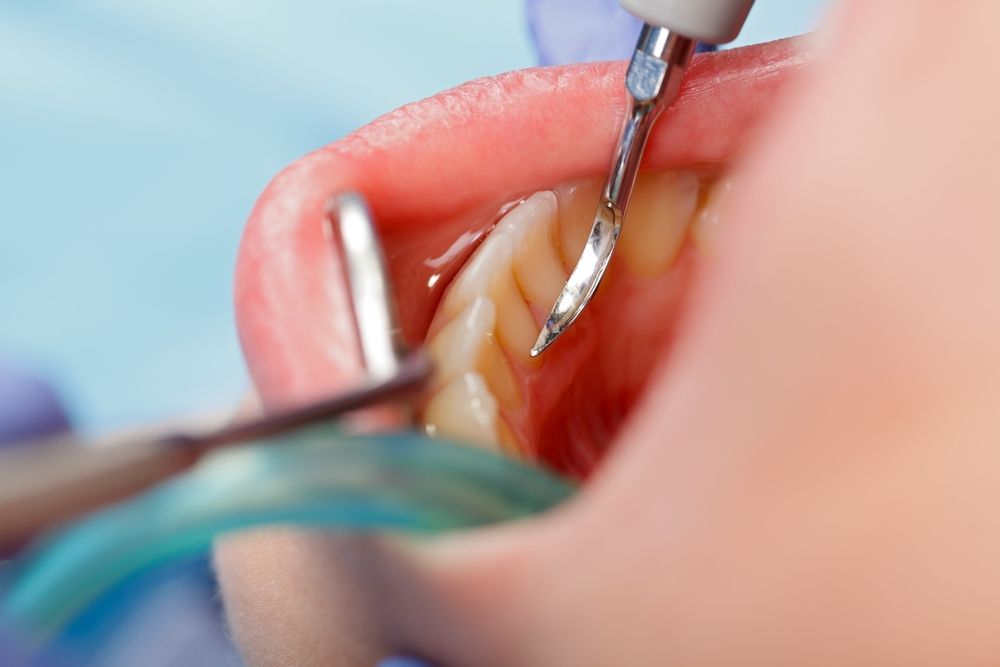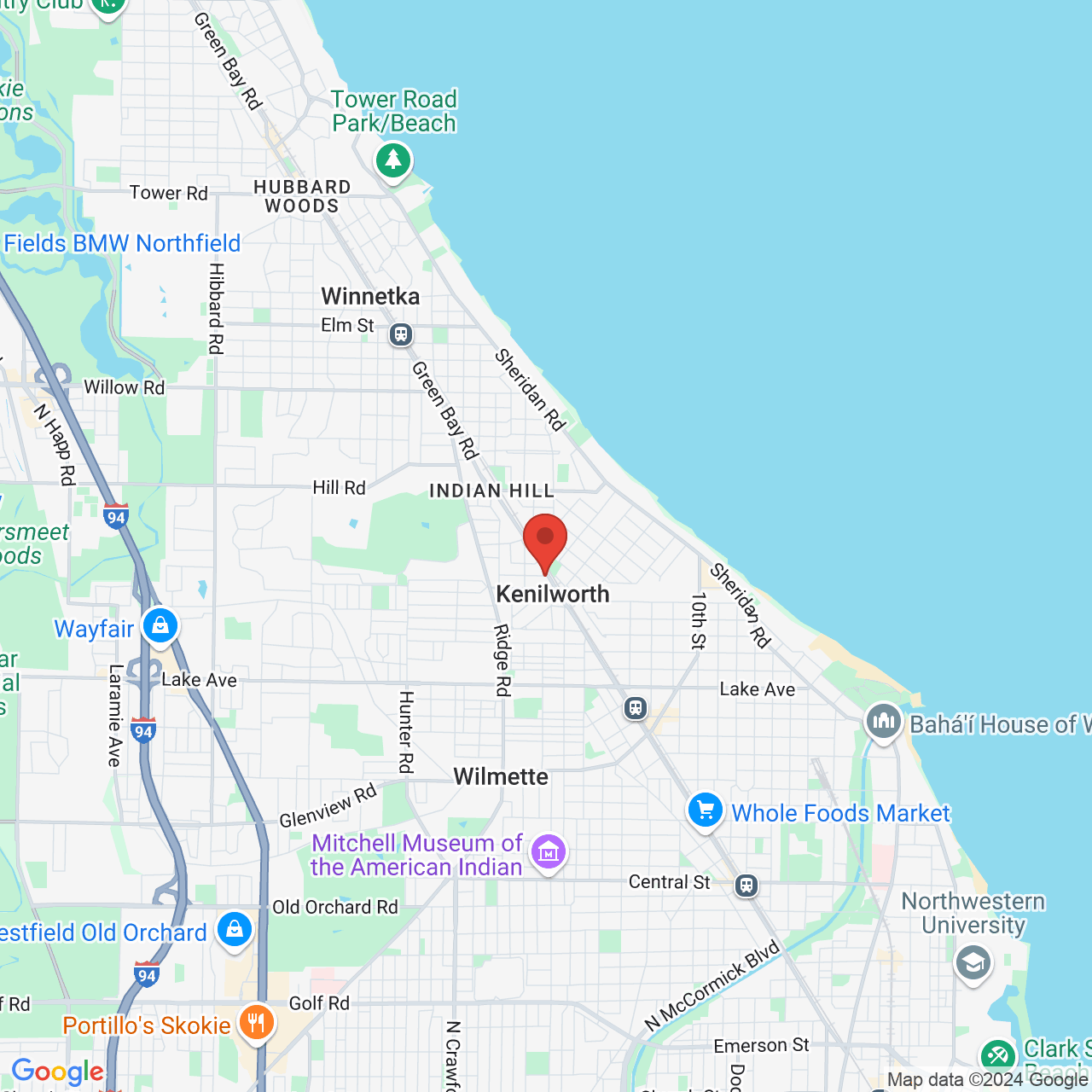Effectively Manage Periodontal Disease with Scaling and Root Planing
Dr. Art Carpenter continues his education and training in advanced scaling and root planing techniques to effectively treat patients suffering from gum disease. This procedure is a conservative, non-surgical periodontal treatment to eliminate tartar below the gum line for mild to moderate periodontal disease. Our advanced techniques ensure patients experience minimal discomfort both during and after treatment and help prevent the disease from worsening. If you have noticed signs of gum disease, such as bad breath or swollen or bleeding gums, it is important to seek treatment right away.

When is Scaling and Root Planing Needed?
Scaling and root planing, also known as a deep cleaning, is a recommended periodontal treatment for patients with early signs of gum disease. As gum disease progresses, the pockets between the teeth and gums deepen, and plaque and tartar deposits collect in those areas below the gum line. Scaling and root planing can remove that plaque and tartar to better manage the disease.
Unfortunately, once periodontal disease becomes more advanced, a deep cleaning is often not enough to get it under control. When this is the case, our doctors may recommend more extensive procedures.
What are the Benefits of Deep Cleanings?
A deep cleaning offers numerous benefits, but most importantly, it allows for better management of periodontal disease, which is not curable. When left untreated, periodontal disease can lead to tooth loss, and the condition has been linked with serious health conditions, including diabetes, dementia, and heart disease. Scaling and root planing can help keep gum disease from advancing and affecting your overall health.
In addition, this procedure will improve your periodontal and oral health overall. The bacteria that causes gum disease also contributes to halitosis, or bad breath. Eliminating this bacteria through a deep cleaning can improve your breath and protect your smile.
We can provide the conservative scaling and root planing treatments you need to prevent gum disease from advancing and significantly damaging your oral health.
During and after the Deep Cleaning Process
After Dr. Carpenter determines a deep cleaning is needed, he may administer a local anesthetic to numb your gums. This will ensure you experience little to no discomfort throughout the treatment. Sedation options are also available for patients with severe anxiety.
Once the gums are numb, a member of our team will begin by scaling the teeth. This process involves using a dental instrument to remove the plaque and tartar deposits. We will gently remove these deposits from both the exposed parts of your teeth and those that are concealed beneath the gum line. Then, we will begin carefully planing, or smoothing, your tooth roots. This step can help prevent future bacteria buildups and encourage healthy tissue reattachment to protect your tooth roots.
After a deep cleaning, you may notice some sensitivity or discomfort in your gums and teeth. This is normal and should subside within a few days. Most discomfort is mild and can typically be managed with over-the-counter pain medication. It is important to continue being diligent in your at-home oral care after your deep cleaning. Brush twice per day with a soft-bristled toothbrush and floss at least once per day. Our doctors may also recommend more frequent dental exams and cleanings to effectively manage your periodontal disease.
Preserve Your Periodontal Health
We can provide the conservative scaling and root planing treatments you need to prevent gum disease from advancing and significantly damaging your oral health. If you have noticed changes in your gums, like swelling, redness, or bleeding when you brush or floss, contact us online or call our office at (847) 251-5004 to schedule an appointment.






